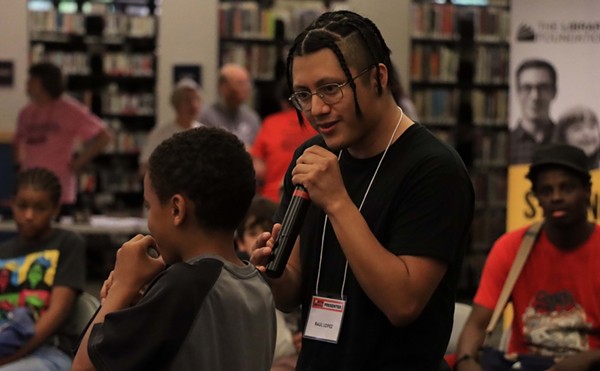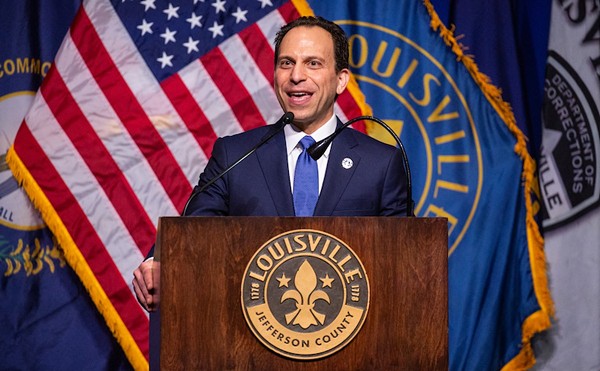In North Carolina, the state Legislature passed a bill to prevent local governments from passing laws or ordinances protecting citizens from discrimination. The action, pushed forward by the Republican-controlled state chambers and signed into law by Gov. Pat McCrory, is only one of many examples where much of the electorate failed to pay attention to the down-ballot races. North Carolina now risks losing major business investments. Just this past week, PayPal stopped plans to expand in Charlotte.
In Kentucky, SB 180 passed through the state Senate but, as yet, has not made it through the state House. It would provide exemptions for individuals wishing to deny services based on religious beliefs. These kinds of bills are attempts to circumvent public accommodation statutes that protect consumers and their civil rights in public places.
In addition to the social austerity measures, the Kentucky Senate has followed through with financial austerity measures in the state budget including the removal of funding for several organizations that benefit children with disabilities including $100,000 in funding for the Visually Impaired Preschool, or VIPS. If the bill passes without changes, this would leave communities in critical need without important funding. Why is this happening? Very simply, it is because we are not paying attention. We are ignoring the races that come down the ballot from the president, and we are not holding elected officials accountable to serve our communities and not the interests of their pockets or those of their wealthy compatriots. We have turned our backs on civics education and, as a result, our ability to be dutiful and responsible citizens. We can’t pick one candidate and then ignore the rest of the ballot, shirking responsibility and blindly electing irresponsible and ill-informed lawmakers. The potential for a presidential win by either party means that the winning party would likely experience gains in the U.S. House of Representatives and Senate and beyond. The top of the ticket influences the lower races. Having party control in Congress and the executive office increases the chance that the policies of the winning party can have follow-through — the opposite of what we’ve seen with Republican control of both houses in the Congress, pitting its power against President Obama. It is important to note that control without compromise is equally damaging.
The voter cannot wholly shoulder the fault. The media focuses on the big-picture races and gives little to no space to those smaller community-centered races. Similarly, finding information about the candidates is often a challenge, but there are websites that try to make this discovery easier. Ballotpedia.org is one such site.
When the progress this nation makes is put at risk because we are simply uninformed or not paying attention, we have no one to blame but ourselves.
For down ballot races there is no electoral college. There is just one vote, and each one counts. At the state level, races have been decided by fewer than 100 votes many times — at the city level, even closer.
These races aren’t as exciting or sexy as the presidential one. State senators won’t likely be on national news or greeting heads of state as presidential candidates do. There is less pageantry with state and city offices. For these reasons, it’s understandable that these races are ignored. But every time we ignore these races we ignore the very real effect these offices hold over whether the community prospers or benefits from federal legislation, such as healthcare-related bills.
All of this is not said to diminish the importance of the presidential race.
In the presidential cycle, we could see several Supreme Court justices replaced. We could ensure workers see more money by voting to protect minimum-wage raises. We should guarantee that progress and fairness continue to press forward and that personal feelings and religious beliefs take a backseat to making sure that all levels of government works for the citizens and not for special interests.
While we are free to not vote, I feel that we have a responsibility to do so. It is a privilege we are graced with by living in a republic. We should know that even if the top of the ballot isn’t exciting or even if it is very exciting, there are smaller races that matter to people in the community and our vote should be cast in this spirit.







